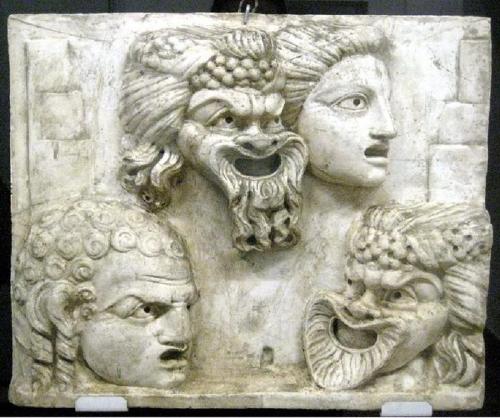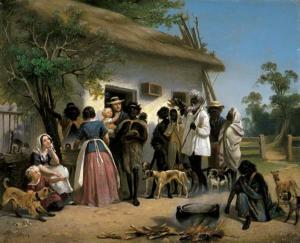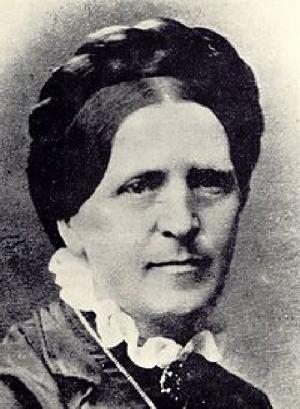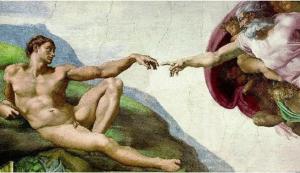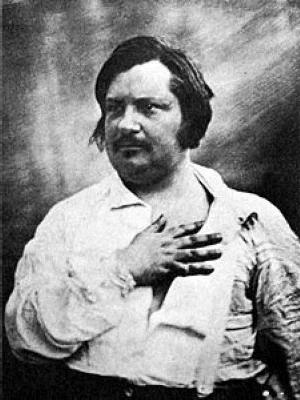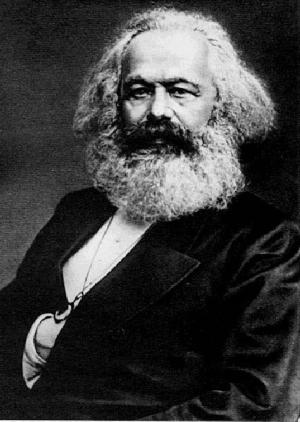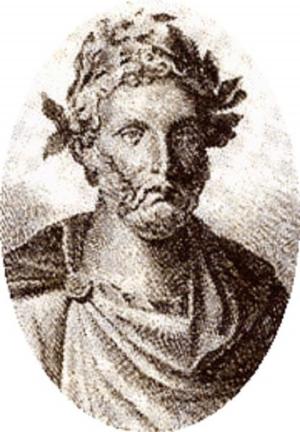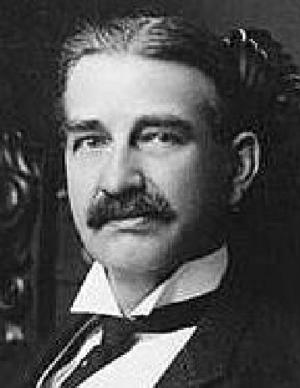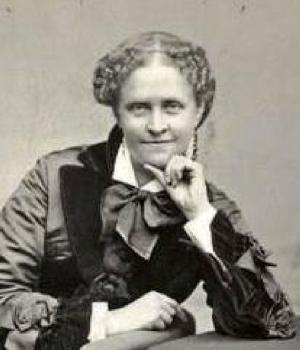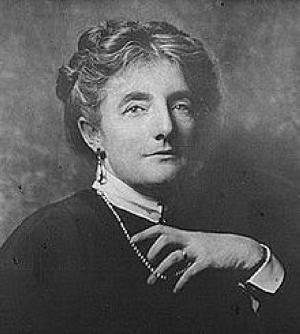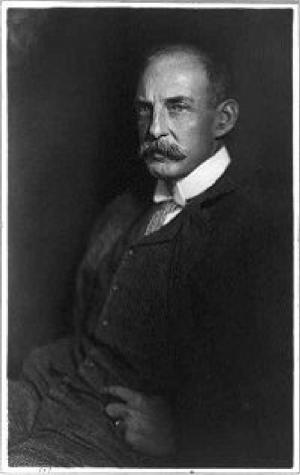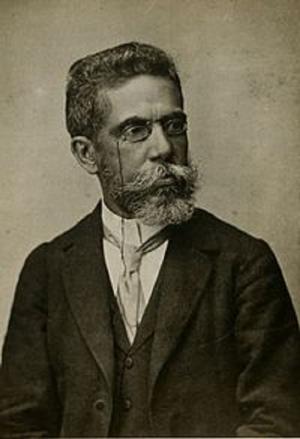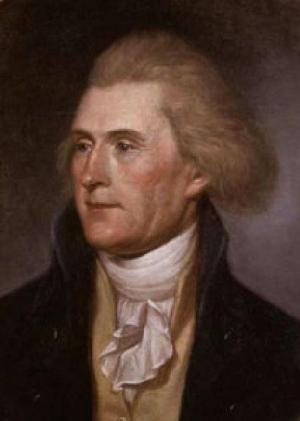Adelphi: The Brothers, a Comedy
Nonfiction, Entertainment, Drama, Greek & Roman, Fiction & Literature| Author: | Terence | ISBN: | 9781455404124 |
| Publisher: | B&R Samizdat Express | Publication: | December 15, 2009 |
| Imprint: | Language: | English |
| Author: | Terence |
| ISBN: | 9781455404124 |
| Publisher: | B&R Samizdat Express |
| Publication: | December 15, 2009 |
| Imprint: | |
| Language: | English |
Classic Roman comedy play. With active table of contents. According to Wikipedia, "Adelphoe (The Brothers) (160 BC) Adelphoe (also written Adelphoi and Adelphi, English: The brothers) is a play by Roman playwright Terence. It explores the best form of child-rearing...Publius Terentius Afer (195/185159 BC), better known in English as Terence, was a playwright of the Roman Republic. His comedies were performed for the first time around 170160 BC, and he died young, probably in Greece or on his way back to Rome. Terentius Lucanus, a Roman senator, brought Terence to Rome as a slave, educated him and later on, impressed by his abilities, freed him. All of the six plays Terence wrote have survived. One famous quotation by Terence reads: "Homo sum, humani nihil a me alienum puto", or "I am a man, I consider nothing that is human alien to me." This appeared in his play Heauton Timorumenos. Like Plautus, Terence adapted Greek plays from the late phases of Attic comedy. He was more than a translator, as modern discoveries of ancient Greek plays have confirmed. However, Terence's plays use a convincingly 'Greek' setting rather than Romanizing the characters and situations."
Classic Roman comedy play. With active table of contents. According to Wikipedia, "Adelphoe (The Brothers) (160 BC) Adelphoe (also written Adelphoi and Adelphi, English: The brothers) is a play by Roman playwright Terence. It explores the best form of child-rearing...Publius Terentius Afer (195/185159 BC), better known in English as Terence, was a playwright of the Roman Republic. His comedies were performed for the first time around 170160 BC, and he died young, probably in Greece or on his way back to Rome. Terentius Lucanus, a Roman senator, brought Terence to Rome as a slave, educated him and later on, impressed by his abilities, freed him. All of the six plays Terence wrote have survived. One famous quotation by Terence reads: "Homo sum, humani nihil a me alienum puto", or "I am a man, I consider nothing that is human alien to me." This appeared in his play Heauton Timorumenos. Like Plautus, Terence adapted Greek plays from the late phases of Attic comedy. He was more than a translator, as modern discoveries of ancient Greek plays have confirmed. However, Terence's plays use a convincingly 'Greek' setting rather than Romanizing the characters and situations."
